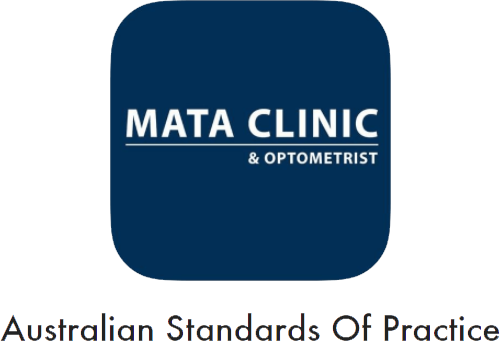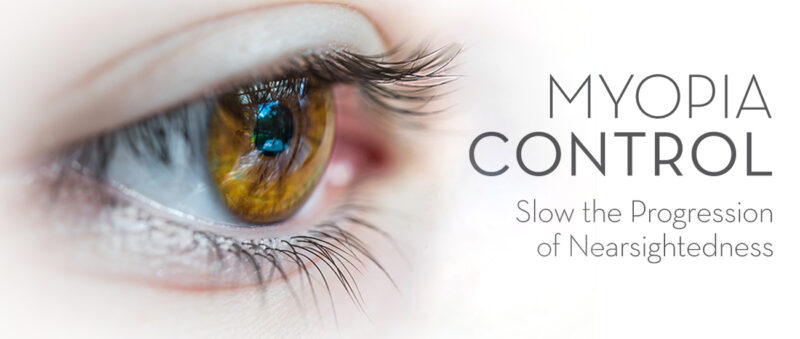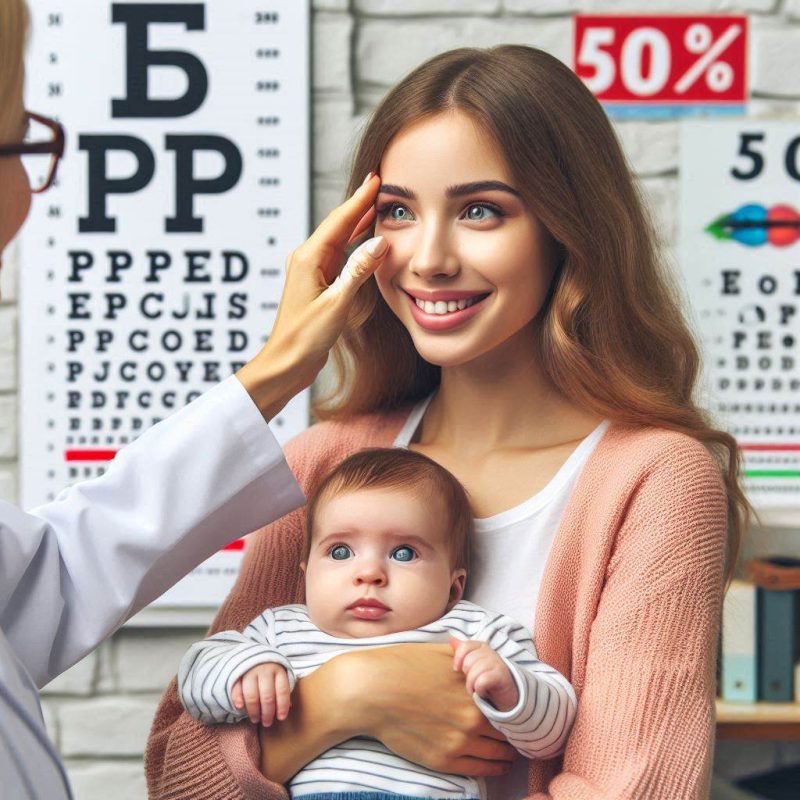Senior eye care is something that all people should consider as they age. It’s no secret that our vision worsens as we get older, whether it’s genetic or influenced by our daily activities or our surroundings. Keeping your vision sharp is vital if you want to maintain a vibrant, active lifestyle.
So what can you do to keep your vision sharp? As it turns out – more than you think! We’ve compiled a list of several senior eye care tips that you should follow.
1. Eat Healthy Foods
You’ve likely heard that certain foods can improve your vision. Well, it’s true. Eating vitamin C rich foods (kiwis, strawberries, red bell peppers, papayas, and oranges) as well as foods rich in antioxidants, beta-carotene and lutein (sweet potatoes, carrots, spinach, squash, broccoli, and kale) can reduce your risk of age-related macular degeneration (AMD).
We recommend you try and include these eye-healthy foods in your diet to reduce your risks and prolong the health of your eyes.
2. Keep Your Eyes Protected from the Sun
We all need vitamin D from the sun. But you must protect your eyes when exposed to sunlight. Direct sunlight can damage your eyes, cause various cancers, and create other health issues.
Always bring a pair of sunglasses to reduce the amount of direct sunlight that your eyes are exposed to. This will reduce your risks and help you see better. And if you wear prescription eyeglasses, consider protecting your eyes with a pair of prescription sunglasses. That way you don’t need to choose between seeing clearly and protecting your eyes from the sun.
3. Wear Your Prescription Glasses
Prescription glasses and contact lenses are prescribed to you for a reason. Whether you are near or farsighted, you should always wear your prescription eyewear, both in and out of the sun.
Not only do they help you see, but they reduce eye strain. Whenever you aren’t wearing them, your eyes are working that much harder to focus. This additional eye strain can tire your eyes and can lead to other vision problems.
Is your vision still blurry despite wearing prescription glasses? You may need a stronger prescription. Consider booking an eye exam with your Optometrist to determine why your vision is blurry.
4. Schedule Regular Eye Exams
Aging is a fact of life, and it’s not uncommon that you will require prescription glasses for your eyes. But when it comes to senior eye care, most elderly individuals don’t realize they need glasses until their vision has deteriorated significantly.
One of the best ways to stay on top of your eye health is to schedule regular annual eye exams. You won’t always know when something is wrong, but you stand a much better chance of detecting potential eye problems during your yearly visit with your Optometrist.
Your Optometrist can check you for common eye problems related to aging, such as cataracts, macular degeneration, glaucoma and other degenerative eye diseases. Not known to many people is that your eye exam can also reveal the onset of other general health problems, like diabetes, hypertension, and high cholesterol.
All adults with healthy eyes should have annual eye exams. If you have an eye condition that requires monitoring, then you should schedule your eye exams more frequently.
5. Use Ample Light Indoors
Our eyes require light to process what we are seeing. While low mood lighting may make for a romantic dinner, it can cause our eyes a lot of additional strain.
Try and keep your rooms well-lit if you watch a lot of TV or read inside. This will help your eyes focus and greatly reduce eye strain.
6. Give Your Eyes A Break
If you watch a lot of TV or work on a computer, add frequent breaks into your routine. We recommend that you take a 20-30 second break every 20 minutes. This will give your eyes a chance to relax.
7. Exercise
It may seem strange that going for a jog or hopping on the exercise bike can improve your eyesight – but it’s true. Exercise improves your blood flow and is one senior eye care tip that many don’t consider.
Improved blood flow will increase the amount of oxygen that circulates through your body — including your eyes — which can improve the quality of your vision and remove toxins in your bloodstream. Any type of exercise is beneficial as you age. It doesn’t have to be strenuous, so don’t be afraid to mix in walking, yoga, and other lighter forms of exercise.
8. Stop Smoking
Smoking affects more than just your lungs, heart, and other organs. The toxins smoking exposes you to can also impact your eyes.
You should consider quitting smoking if you’re still smoking. You will greatly improve your health in more ways than one.
Being Proactive Is the Key to Successful Senior Eye Care
There are many ways you can practice positive senior eye care. Aging may be inevitable, but exercise, a healthy diet, and positive lifestyle changes can prolong the health of your eyes.
Are you interested in learning more about senior eye care? Dr. Barry Leonard & Associates works closely with seniors to help them stay on top of their eye health. Schedule your next eye exam today through our easy-to-use online appointment scheduling system www.mataclinic.com or by calling us at 082-507168






Recent Comments